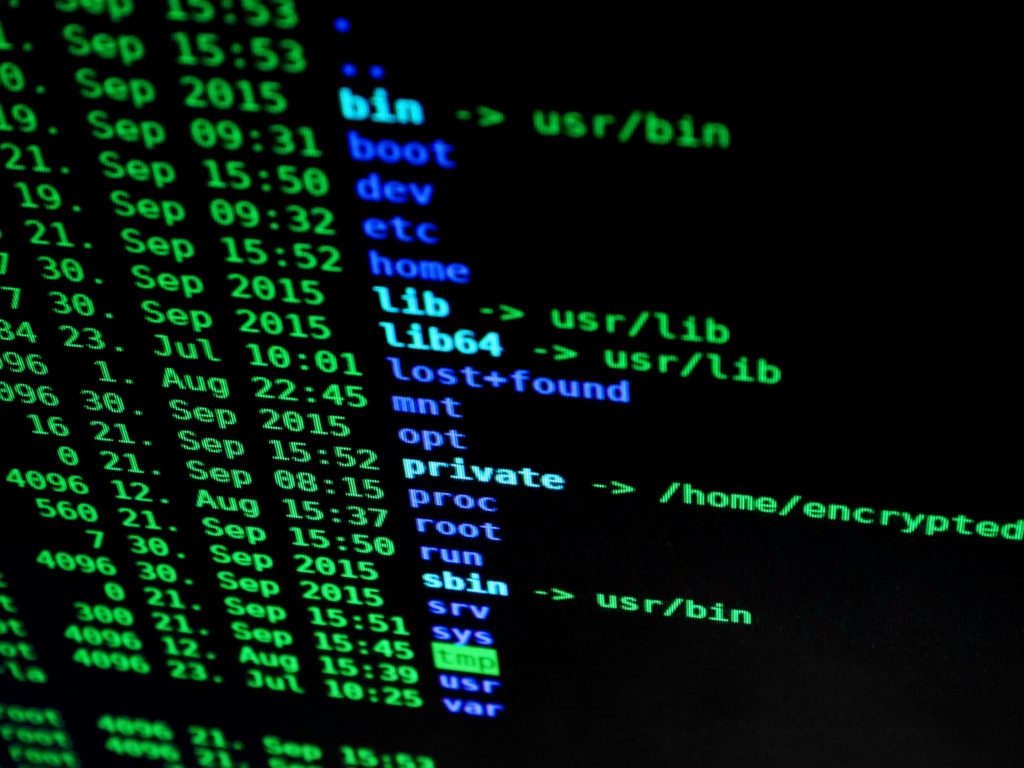In today’s digital landscape, the popularity of Android TV apps is soaring, offering users a seamless entertainment experience right in the comfort of their living rooms. With the rise of on-demand streaming services, gaming applications, and interactive content, Android TV has become an indispensable part of modern households. However, amidst this surge in demand, ensuring the security of these apps has become paramount.
As Android TV continues to evolve as a platform, it attracts not only users but also attention from cybercriminals seeking to exploit vulnerabilities for their gain. From data breaches to malware infections, the potential risks associated with insecure Android TV apps are manifold. These risks not only jeopardize the privacy and security of users but also tarnish the reputation of developers and companies behind these applications.
In light of these challenges, prioritizing security in Android TV app development is not just crucial but imperative. By adopting a proactive approach to security, developers can safeguard user data, mitigate risks, and enhance the overall trustworthiness of their applications. From implementing robust encryption protocols to conducting thorough security audits, every step taken to bolster security contributes to the resilience of Android TV apps in the face of evolving threats.
In this comprehensive guide, we’ll explore the best practices for enhancing security in Android TV app development. From understanding common security risks specific to the platform to implementing stringent security measures throughout the development lifecycle, we’ll equip developers and Android TV app development companies with the knowledge and tools they need to build secure and resilient applications. Let’s embark on this journey to fortify the future of Android TV app development together.

Understanding Security Risks on Android TV
As Android TV continues to gain traction, it’s crucial to recognize the unique security threats that come with this platform. From malicious apps to potential vulnerabilities in the operating system, Android TV faces its fair share of risks. Data privacy emerges as a major concern, with sensitive user information potentially at stake. The need for robust security measures becomes apparent as we navigate through the intricate landscape of Android TV app development.
In the realm of Android TV app development services, the focus must not solely be on innovation and functionality but also on fortifying the app’s defenses against cyber threats. Android TV app development companies must remain vigilant against common security pitfalls, safeguarding both user trust and data integrity.
Throughout the development process, adherence to best practices is essential. From secure coding practices to stringent authentication mechanisms, every aspect must be meticulously crafted to mitigate risks. Android TV app development companies must leverage their expertise to navigate the intricate security landscape, ensuring that their products stand resilient against potential cyber threats.
As the demand for Android TV apps continues to surge, the responsibility falls on Android TV app development companies to uphold the highest standards of security. By prioritizing security at every stage of development, these companies not only safeguard their users but also solidify their position as trusted providers of innovative entertainment solutions.
Security Best Practices for Android TV App Development

As developers dive into the intricacies of Android TV app development, prioritizing security measures becomes paramount. Let’s explore some fundamental best practices to ensure the robustness and integrity of your applications.
Secure Coding Practices
In the realm of Android TV app development services, adherence to secure coding practices forms the bedrock of a resilient application. By following established coding standards and guidelines, developers can significantly reduce the likelihood of introducing vulnerabilities into their codebase. Utilizing secure APIs and libraries further fortifies the application against common exploits and attacks. Additionally, implementing rigorous input validation and data sanitization routines helps mitigate the risks associated with injection attacks and data manipulation.
Authentication and Authorization
Authentication and authorization mechanisms play a pivotal role in controlling access to sensitive data and features within Android TV applications. By implementing strong authentication mechanisms, such as multi-factor authentication or biometric verification, developers can ensure that only authorized users gain access to privileged functionalities. Moreover, robust authorization controls enable granular access management, preventing unauthorized users from tampering with critical data or features.
Secure Communication
Securing communication channels is essential to protect sensitive information transmitted between the Android TV app and external servers or services. Enforcing the use of HTTPS for all communications ensures data confidentiality and integrity, guarding against eavesdropping and man-in-the-middle attacks. Additionally, implementing advanced network security measures such as certificate pinning enhances the trustworthiness of communication channels, thwarting potential interception or manipulation attempts.
Secure Storage
The secure storage of sensitive data on the device is paramount to safeguarding user privacy and preventing unauthorized access. Encrypting sensitive data using robust encryption algorithms ensures that even if the device is compromised, the data remains unintelligible to unauthorized parties. Leveraging Android Keystore for secure key management provides an additional layer of protection, safeguarding encryption keys from potential exploits or breaches.
Permissions Management
Effective permissions management is crucial to strike a balance between functionality and security in Android TV applications. Developers should request only the necessary permissions from users, minimizing the attack surface and reducing the risk of potential misuse or abuse. Furthermore, handling runtime permissions gracefully enhances user experience while maintaining the principle of least privilege, ensuring that users retain control over their privacy and security settings.
Code Obfuscation and Anti-Tampering Techniques
Protecting the integrity of the application code is essential to deter reverse engineering and unauthorized modifications. Code obfuscation techniques obscure the underlying logic of the application, making it challenging for malicious actors to decipher and exploit vulnerabilities. Additionally, implementing anti-tampering measures, such as integrity checks and runtime protections, fortifies the application against unauthorized modifications or tampering attempts, preserving its integrity and trustworthiness.
Testing and Vulnerability Assessment

In the dynamic landscape of Android TV app development, thorough security testing is indispensable. By conducting comprehensive testing and vulnerability assessments throughout the development lifecycle, developers can identify and mitigate potential security risks before they manifest into critical vulnerabilities. Penetration testing, in particular, simulates real-world attack scenarios to uncover vulnerabilities and weaknesses in the application’s defenses.
Additionally, leveraging automated security testing tools streamlines the testing process, allowing developers to identify and address security issues efficiently and effectively. By prioritizing security testing, developers can bolster the resilience of their Android TV applications and enhance user trust and confidence in their products.
Compliance with Industry Standards and Regulations
As custodians of user data and privacy, Android TV app developers must adhere to relevant industry standards and regulations to safeguard user information and ensure compliance with legal requirements. Adhering to established security standards, such as the OWASP Mobile Top 10, provides a framework for identifying and addressing common security vulnerabilities in Android TV applications.
Furthermore, ensuring compliance with data protection regulations, such as the General Data Protection Regulation (GDPR) and the California Consumer Privacy Act (CCPA), reinforces the commitment to protecting user privacy and upholding ethical data handling practices. By aligning with industry standards and regulations, Android TV app developers demonstrate their dedication to security and privacy, fostering trust and confidence among users and stakeholders alike.
User Education and Transparency
In addition to robust technical measures, user education, and transparency play a crucial role in enhancing the security of Android TV applications. Educating users about security best practices empowers them to make informed decisions and take proactive steps to protect their privacy and security while using the app. This can include providing tips on creating strong passwords, avoiding suspicious links or downloads, and recognizing common phishing attempts.
Furthermore, ensuring transparency through clear privacy policies and terms of service fosters trust and confidence among users. By clearly outlining how user data is collected, used, and protected, developers demonstrate their commitment to respecting user privacy and fostering transparency in their practices.
Conclusion
As the demand for Android TV apps continues to grow, ensuring the security of these applications is paramount. By adhering to best practices throughout the development lifecycle, developers can build resilient and trustworthy Android TV apps that protect user data and enhance the overall user experience. From implementing secure coding practices to conducting thorough security testing and compliance with industry standards and regulations, every step taken to prioritize security contributes to building trust with users and maintaining the integrity of the app ecosystem.
Moving forward, developers must continue prioritizing security and embracing a proactive approach to safeguarding user privacy and security in Android TV app development. By doing so, developers not only protect their users but also strengthen their reputation and credibility in the competitive landscape of Android TV app development.



































